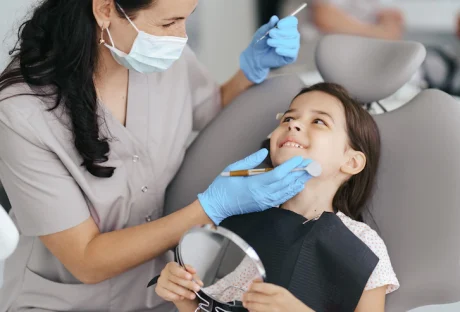There is a common misconception that all CBD capsules are the same and affect the body similarly. However, there are many different types of capsules catering to different purposes.
Understanding the differences between the types of CBD capsules and CBD pills available is key to ensuring that you can choose the right product for your needs.
Let’s explore the ways CBD capsules differ and why these differences matter.
Different texture options

CBD capsules are available in different textures, affecting how they are used.
One of the most common types of CBD capsules is made of a powder-like texture and is hard to the touch. They’re designed to be swallowed as a complete pill and typically have an unpleasant taste if the powder starts to break apart.
The second type of CBD capsule, like this: https://premiumjane.com/capsules-pills/, contains a gel or liquid interior. Softgel capsules have an almost gummy-like texture and are designed to be super smooth and easy to swallow.
Lastly, chewable capsules have a soft texture, allowing them to be chewed or swallowed depending on the user’s preference.
Different types of CBD
Three main types of CBD formulas are used to make CBD capsules, each containing a slightly different range of cannabinoids and terpenes.
Hemp plants contain hundreds of cannabinoids and terpenes beyond just CBD. In the case of full-spectrum CBD formulas, all-natural plant compounds are retained and can be found within CBD pills.
In contrast, CBD isolate capsules only contain one cannabinoid, CBD. All other hemp plant compounds are removed from isolate products during the extraction and filtration stages of manufacturing.
Broad-spectrum CBD capsules offer somewhat of a middle ground as they contain some but not all cannabinoids found within hemp plants. Typically, broad-spectrum means that the product is THC-free.
Not one single type of CBD is better than the others. Some people prefer CBD isolate capsules as it gives them complete control over the specific cannabinoids that are entering their bodies.
On the other hand, some people find that full-spectrum CBD capsules better suit their needs as they can trigger the entourage effect.
Different CBD doses
One of the main advantages of CBD capsules is that they provide the user with an exact dosage of CBD while also requiring minimal effort. The amount of CBD in each capsule is set during manufacturing and should remain consistent throughout the entire pack of capsules.
Since there is a set amount of cannabidiol per capsule, users need to understand the different dosage options to ensure they choose the right one.
For those new to taking CBD supplements, starting with the lowest dose capsule is generally recommended. This is partly to ensure that capsules are effective while not overwhelming the body with too much CBD.
Different CBD capsules for different purposes

General-purpose CBD capsules are designed to provide the body with a small dose of CBD in the same way that many other dietary supplements work. However, there are also CBD capsules formulated to provide specific effects.
For example, some CBD capsules contain melatonin to enhance the calming effects of CBD. Melatonin is often taken on its own as a natural sleep aid as it contains the same hormones that trigger sleepiness. Melatonin CBD capsules are an excellent option for anyone using CBD to improve sleep quality.
Another great example is CBD pills that contain caffeine and are formulated to enhance the energizing properties of CBD. Caffeine CBD capsules are best when taken in the morning since they can promote feelings of energy and motivation.
How to choose the right CBD capsules
Finding the right CBD capsules to suit your needs is primarily about balancing the different ways CBD can be used.
If CBD capsules are being taken to treat a specific condition, it is best to find capsules designed with this purpose in mind. However, it is still vital to ensure that the correct dosage of CBD is used and that capsules suit the user.
On the other hand, those using CBD capsules as a general supplement might find it more important to prioritize things such as useability. Taking the time to consider why you are choosing to try CBD capsules will help you find the right capsules to suit your needs.
Read Also:






















